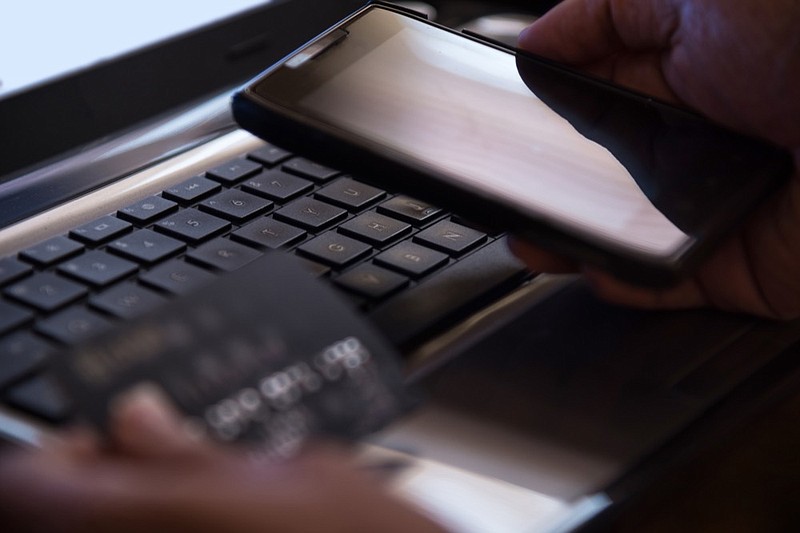While many Kentuckians have recently dealt with the aftermath of devastating floods, even our area has seen its share of flooding rains and intense storms, which could worsen in the next few months as hurricane season ramps up.
Whether coping with a disaster from flooding, tornadoes, or other weather events, you could find yourself needing to rebuild and replace vital documents such as birth certificates, drivers' licenses, and Social Security cards. If so, you'll want to watch out for unsolicited offers of assistance in replacing these essential documents for an upfront fee. This could be a scammer trying to take advantage of your misfortune.
Kentucky transportation officials issued warnings to flood victims after learning of fake texts offering replacement drivers' licenses. Some texts appeared to be from the Kentucky Transportation Cabinet (KYTC), but clicking on the provided link would have led the recipient to a fake website that asked for personal information and money.
Other consumers have submitted reports to BBB Scam Tracker about "lookalike" websites that were offering to help with everything from updating postal addresses to renewing or replacing ID cards and documents for an upfront fee. Unfortunately, in many instances they later discovered they could have accomplished their goal for little or no money and had provided personal information to an unknown third party
Scammers also continue to call and text people stating they need to replace Medicare, Medicaid, or Social Security cards. Those agencies do not contact you in that way.
Overall, you want to be mindful of any links being offered when you are searching for information. In addition to risking that you'll share your personal information with an impostor, clicking on the wrong link can take you to a site where malware or spyware could unknowingly be downloading on to your computer.
There are steps you can take to help you avoid falling victim to a fake document replacement scam or government impostor website:
- Confirm the URL before entering personal and financial information. It can be easy to click on a sponsored ad or impostor website without noticing. Before typing any sensitive information, double-check that the website and the link are secure. (Secure links start with "HTTPS://" and include a lock icon on the purchase page. Learn more at BBB.org/BBBSecure.)
- Be wary of third-party websites. There are legitimate passport assistance services but check with BBB.org first to ensure you aren't sharing your personal or financial information with a scammer.
- Make online purchases with a credit card. Users can dispute fraudulent charges made on a credit card, which might not be the case with other payment methods. Unfortunately, there is no way to get back the personal information you may have shared.
- Look up phone numbers before you call. Scammers may prompt you to call a number, and may do so under the guise of a real business or agency, so always double check any numbers they send you before you call. If the scammer gets you on the line, they'll ask you to "confirm your identity" by telling them your PIN, password, social security number, or other personal details. No legitimate company or government agency will ever ask you to reveal your security information over the phone. If you realize you're talking to a scammer, hang up and block the number.
Michele Mason is president of the Better Business Bureau in Chattanooga.
